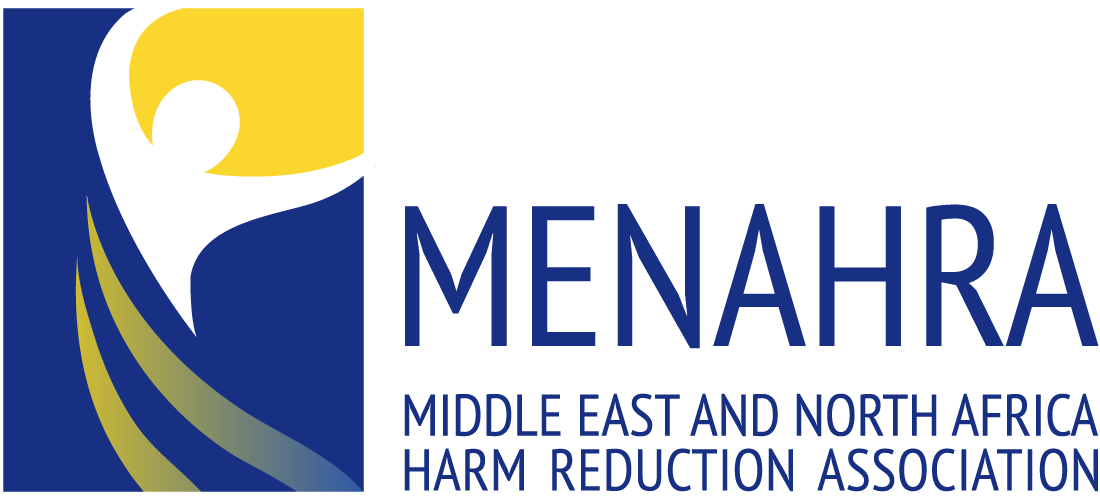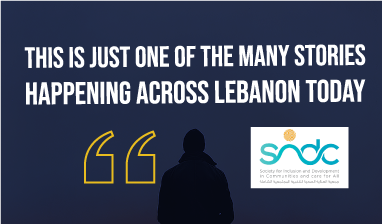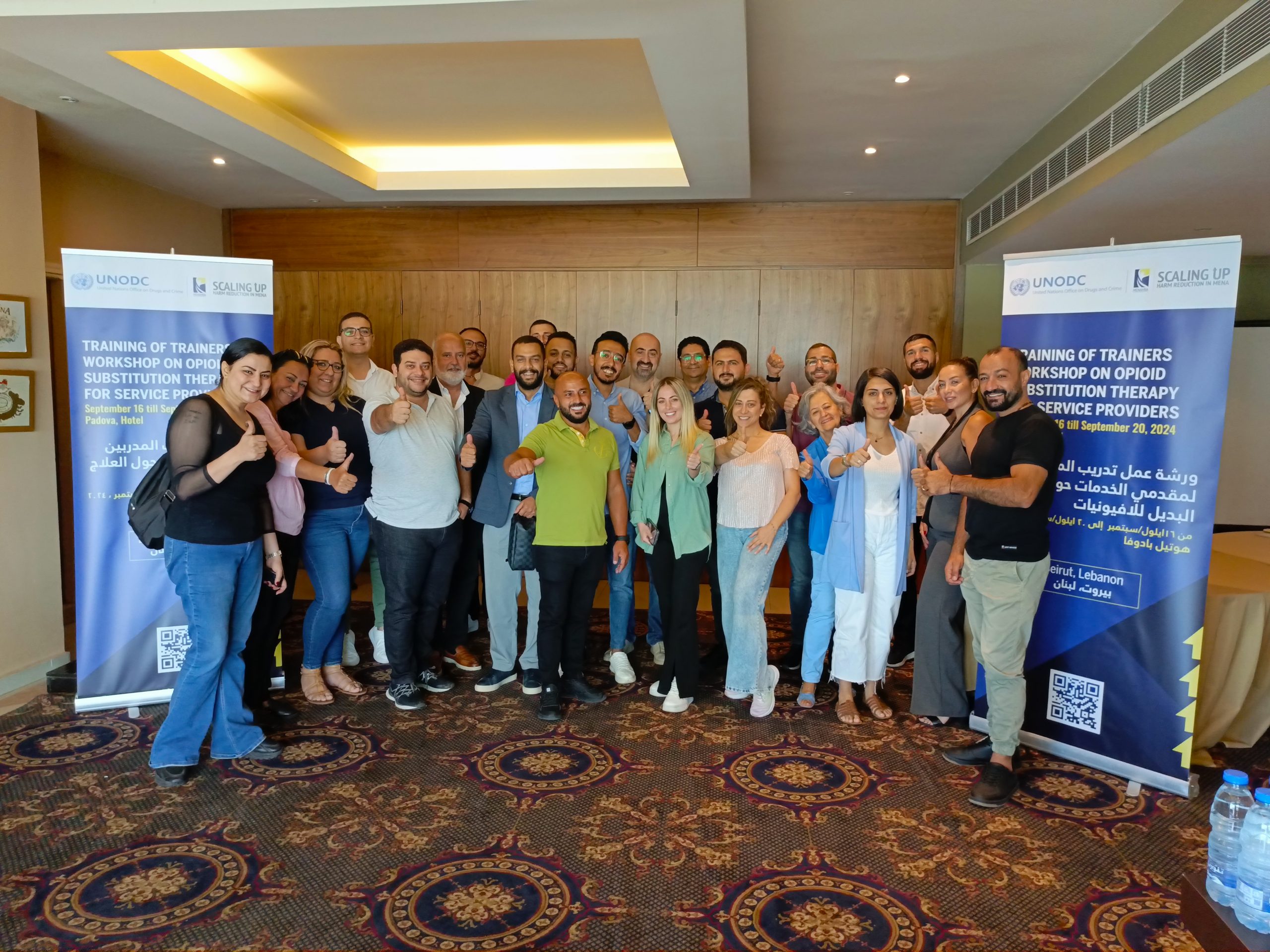Harm reduction is an approach that aims to reduce the negative consequences associated with substance use, including HIV, hepatitis C, and tuberculosis (TB). The Middle East and North Africa (MENA) region faces unique challenges related to harm reduction, including stigma, criminalization, and limited access to healthcare services.
Among the strategies of harm reduction that MENAHRA focuses on is TB. The goal is to raise awareness about TB, prevent its spread among key populations (KPs), and advocate for treatment availability for KPs in the MENA region.
To investigate the challenges and opportunities in delivering TB services to KPs in Algeria, Egypt, Lebanon, and Morocco, MENAHRA conducted assessments. The assessments considered the WHO National Assessment Checklist for the Multisectoral Accountability Framework on TB (MAF-TB) to assess the level of national commitments made on TB and the actions taken on those commitments, as well as monitoring and reporting approaches and the nature of any high-level review mechanisms.
The assessment was a crucial step in identifying gaps and areas for improvement in TB control and harm reduction among KPs in the MENA region. If you’re interested in learning more about the MAF-TB, you can access the checklist here: https://www.who.int/publications/m/item/who-multisectoral-accountability-framework-for-tb-(maf-tb)-baseline-assessment-checklist-for-country-use-in-pursuing-a-national-maf-tb
MENAHRA’s study employed a qualitative research design using purposive sampling and was conducted in two phases: data collection and analysis, and roadmap validation. The study was based on three main components: a desk review, key informant interviews (KIIs), and focus group discussions (FGDs). The desk review synthesized available national policies and peer-reviewed/Grey literature on TB needs among KPs. The KII and FGD phases collected qualitative data from National Tuberculosis Program (NTP) managers, Civil Society Organizations (CSO), and KPs who currently access or have completed TB treatment.
The report highlights the need for a collaborative effort from different sectors to ensure effective TB control, particularly among KPs. Increasing awareness, promoting access to high-quality TB services, and providing adequate resources and follow-up after treatment is necessary to improve KPs’ access to TB-related services.
MENAHRA’s commitment to promoting a more conducive environment for KPs and people who use drugs in the MENA Region is reflected in the reports. The organization recognizes that achieving this goal would not have been possible without the tireless efforts of its partners and the entire harm reduction community in this region.
In conclusion, MENAHRA’s report on the challenges and opportunities in delivering TB services to key populations in the MENA region is a critical resource for civil society organizations and decision-makers working to scale up harm reduction efforts. The organization remains committed to advocating for the health and well-being of key populations in the region and hopes that this report will contribute to an effective and collaborative approach to TB control and harm reduction among KPs in the region.






